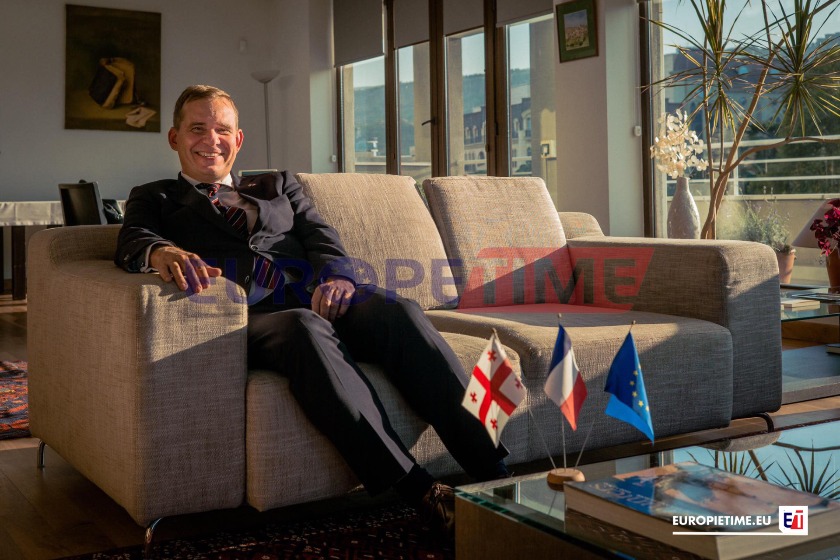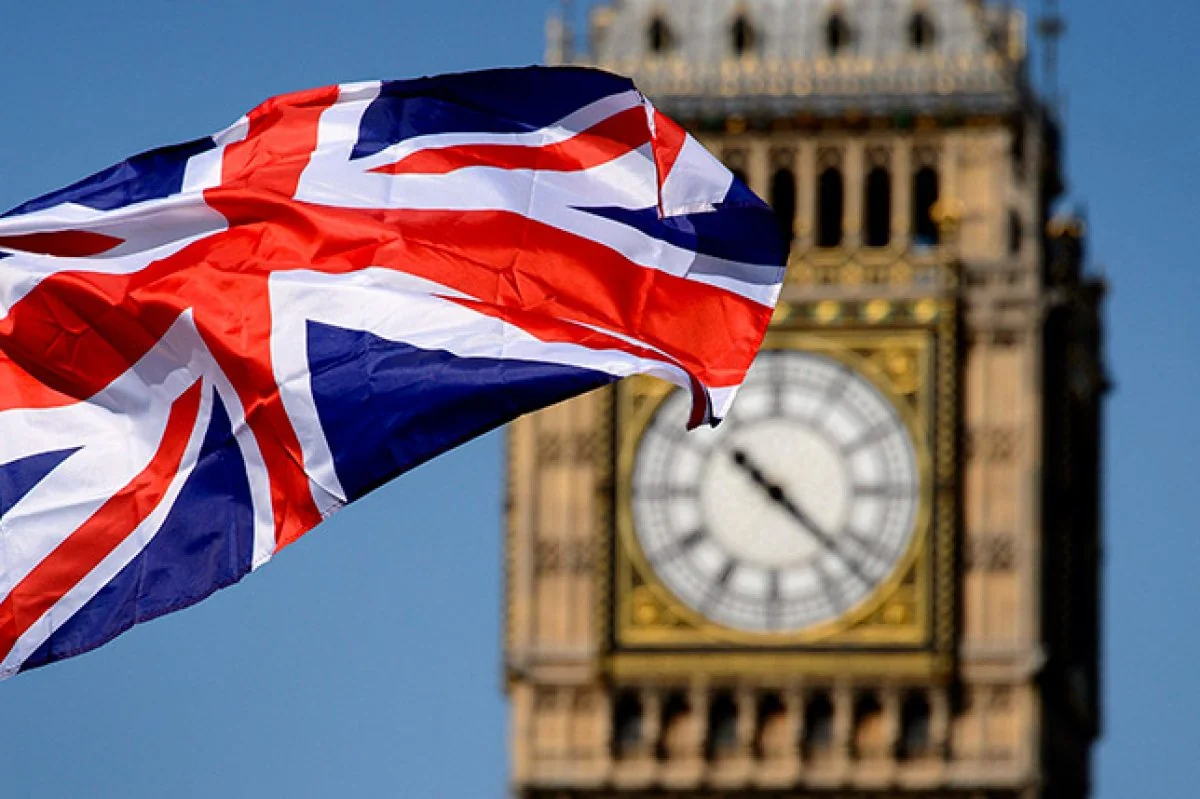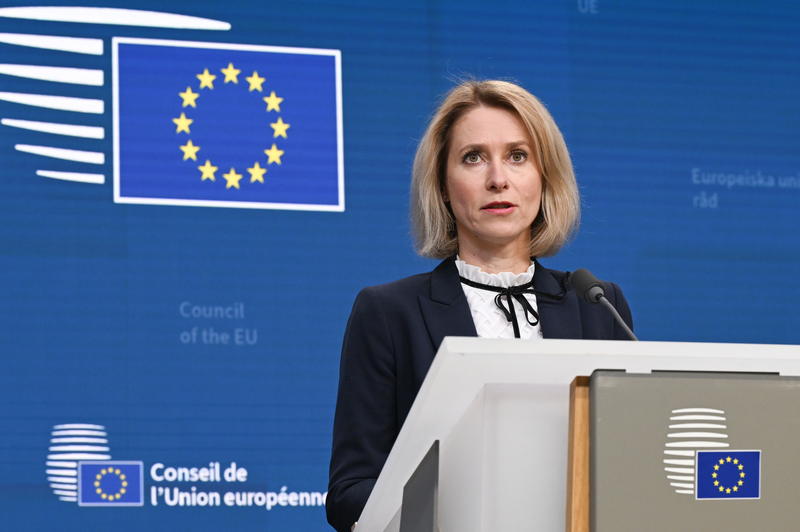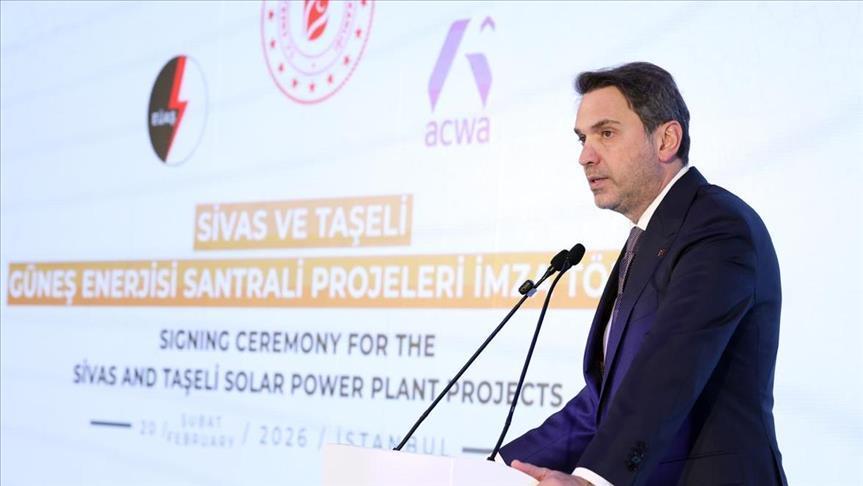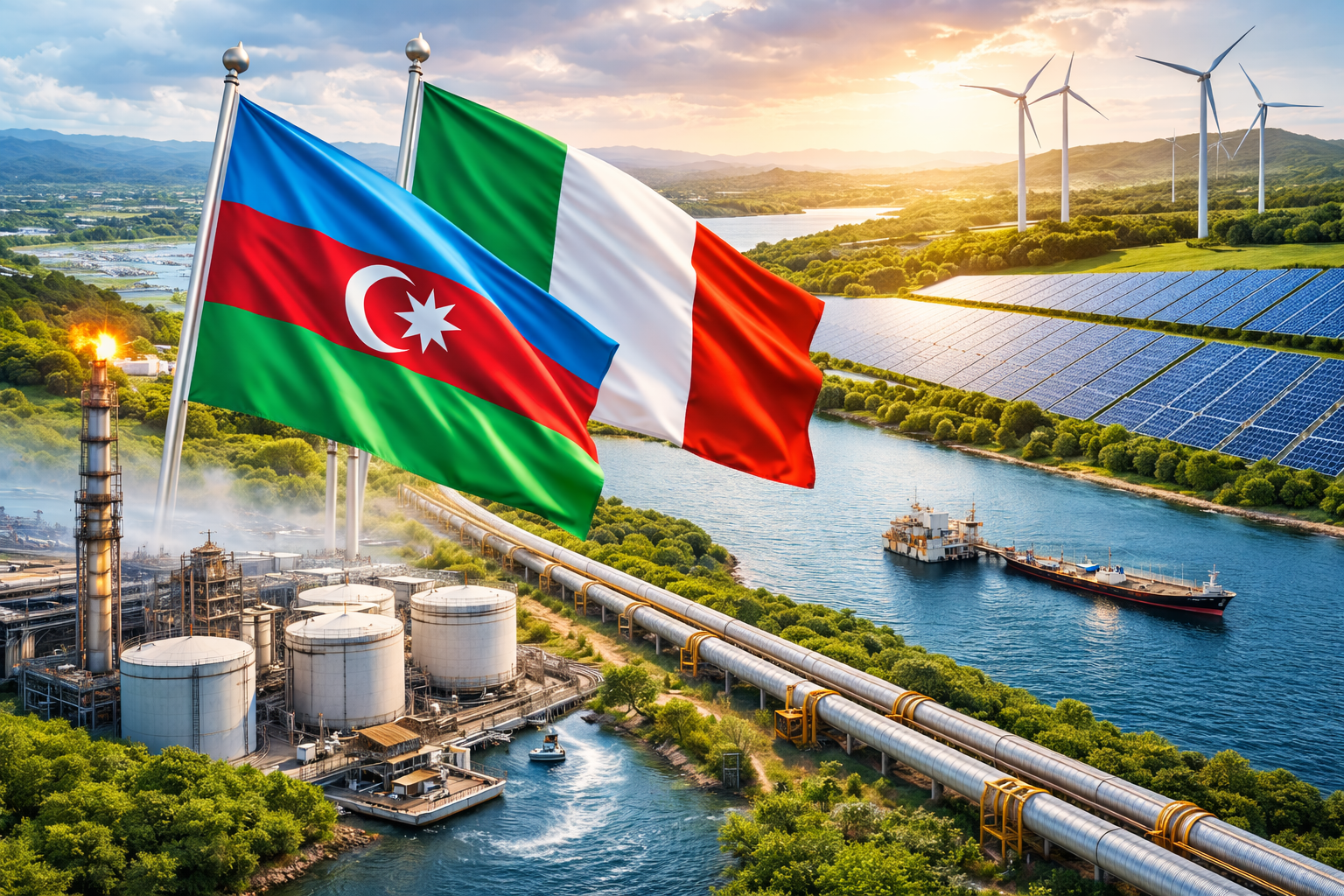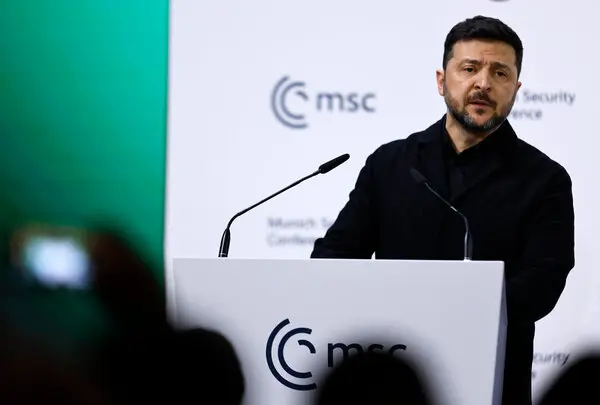Relations between France and Georgia, ‘Amilakhvari Dialogue’, the Georgian-French military cooperation, ongoing processes in the region, including the Nagorno-Karabakh conflict, Georgia’s EU prospects, Russian factor and ‘Georgia vs Russia’ case, a landmark judgement of the Strasbourg Court in favor of Georgia were the topics of the Europetime interview with the Ambassador Extraordinary and Plenipotentiary of the French Republic to Georgia Diego Colas.
_Mr. Ambassador, thank you for the interview. First of all, how would you assess the relations between France and Georgia? Could you also briefly tell us what the format of the Dimitri Amilakhvari dialogue is intended for and what specific steps have been taken within this format in the relations between the two countries?
I believe that the relations between our two countries are as close as they have ever been. As we are about to celebrate the 100th anniversary of the day when the French government welcomed the government of the first Republic of Georgia and offered it refuge after the Soviet invasion, this is only fitting.
As you point out, our bilateral strategic dialogue bears the heroic name of Dimitri Amilakhvari, a famous Georgian prince but also one of the greatest heroes of the French Foreign Legion. This special format of dialogue has been created by Presidents Macron and Zurabichvili in February 2019 and was formally opened by Ministers Le Drian and Zalkaliani in Paris in December 2019. It covers political dialogue, defence and security, migration and internal security, economy and investment, as well as education and culture. Much of what we planned to do at that last meeting has been implemented. We now need to plan a new meeting to decide on future projects as well as on the further development of the existing co-operations.
_What does the existing Georgian-French military cooperation include and how does France help Georgia to enhance its defense capability?
We think that it is very important that French and Georgian soldiers train together, operate together and are in capacity to fight together. This strengthens Georgian capacities as well as the security of both countries, as we are thereby better able to stand shoulder to shoulder to face any threat that the future may bring. For this reason, we are proud to welcome Georgian soldiers in our best military schools and to organise French language classes for armed forces personnel in Georgia. Also, our soldiers are operating together in the Central African Republic, the Georgian armed forces being deployed to ensure the protection of European military instructors. This is a unique opportunity to deploy troops together and to gain valuable experience of difficult conditions as well as of inter-operability.
There are many other areas of close co-operation. An example is mountain infantry training. Since 2006 and the creation of the Sachkere Mountain Training School, we have been special partners. Last September, in a joint exercise, French and Georgian instructors trained French and Georgian troops jointly, including by going to the very top of Mount Kazbeg, taking me along too!

This was a great success and we are looking forward to future joint activities. Another example is air defence, where we are in charge of NATO’s cooperation. It is to cover the air defence segment that we proudly take part in NATO’s exercises in Georgia. The recent conflict in South Caucasus has highlighted the importance of a solid and sovereign air defence.
_How would you assess the current developments in the region, the Nagorno-Karabakh peace agreement and the role of Turkey and Russia in these processes?
Generally, I do not believe that it is in the interest of Georgia that the South Caucasus region become an area of strategic competition. It risks derailing the important efforts undertaken by all Georgians to become more European. And therefore, the conflict in Nagorno-Karabakh, in addition to being a horrible war, is also a matter of worry for those who care about the fate of Georgia. It would be much better for the principles of reform and co-operation to be allowed to guide Georgia’s relations with the outside world. This is what Georgia’s friends want for Georgia and also what we understand to be Georgia’s wishes. Such principles are key to the success of Georgia’s orientation towards Europe. I have great respect and admiration for the determined, strongly held, tenacious strategy followed by successive governments of Georgia with a view to bringing this country closer to Europe and the West, ever closer to liberal democracy resting on solid law-abiding institutions. I believe that this is the logical development of a deep cultural and historical proximity.
To succeed, this strategy needs to concentrate on reforms and cooperation, and outside strategic competition can only be an unhelpful distraction in this regard. Such a strategy will be successful if it translates into a fundamental transformation of the country, its laws but also the practical implementation of these laws, its business culture, more generally its approach to an inclusive society. France, the EU, other member states of the EU, the US also, we are all keen to do our part to help this strategy be successful.
_Given the developments in the Caucasus region, do you think it would be desirable for the West to be more present and more active in the region and have a clear position, particularly with regard to Russia?
I emphatically reply yes to the necessity of a strong Western presence in South Caucasus. And I add that this is for South Caucasus, and not for or against anybody else. I believe that a country has the right to decide what path of development it wants to take, and that no one should prevent Georgia and us from building a very intense partnership if we both want to. We should also acknowledge that the degree of engagement of the European Union, the EU member states, and the US in Georgia is already quite unique in the world. This translates in very strong political support, in the deployment of the EU monitoring mission, in considerable financial and technical assistance, in visa-free travel to the EU as well as a comprehensive free trade agreement and in a great number of co-operations. Many countries also deploy naval forces at regular intervals in the Black sea to strengthen the security of the region. This includes France as we frequently take part in this effort. So, no one can doubt the strength of our commitment to the region.
Regarding Russia, I want to add that, in general, I believe that EU member states are stronger in foreign policy when they manage to agree on clear messages. This is, in my view, largely the case when it comes to relations with Russia. We all regularly make clear our support for democracy in the region and in particular for respect for the rule of law in Russia itself. We have repeatedly underlined our strong support for Georgia’s territorial integrity and sovereignty in its internationally recognized borders, for Ukraine’s territorial integrity, for progress towards democracy in Belarus. We have expressed our expectations in no uncertain terms regarding the situation of Mr Navalny. The question is also, once we have a position, to decide what precise objectives we set for ourselves and how we set about to meet them. In my view, it is not a policy to simply refuse any sort of contact as a way to make our displeasure known, and then to deplore that nothing changes.
_Does France, as the leader of the European Union, support the issue of EU enlargement? As you know, Georgia is going to apply for EU membership by 2024, will the economic crisis caused by the pandemic or any other factor affect the decision?
The EU does not have a single leader, it is one of its many beauties. But indeed, we in France are keen to be a voice helping shape its decisions and its path towards the future. Regarding the possibility of future enlargements beyond the Western Balkans, this is a discussion that remains to be had within the EU. However, whatever the outcome of such a discussion, a country can always aim to transform itself, its State and society into a truly European polity and count of our help to achieve this. The ultimate price is not to be member of this or that Union, it is to be really, at heart, a European nation. Helping Georgia achieve this objective, which we know is dearly held by a great majority of the country, is the essence of everything we do in Georgia.
_On 21 January, the European Court of Human Rights Grand Chamber issued a landmark judgement in the inter-State case concerning the armed conflict between Georgia and the Russian Federation in August 2008 and its consequences. The ruling clearly concludes that after 12 August 2008 the Russian Federation, exercising effective control over South Ossetia and Abkhazia, violated several provisions of the European Convention of Human Rights. How would you assess this decision?
I believe that this judgment is a great success for Georgia and, as a former French agent to European courts, I congratulate the legal teams that helped the Court investigate this question in full as I measure the extent of the work done to reach this result.
I have read the entire judgment and I think that it is even better for Georgia than the first impressions I had when reading the press summary and the operative part. The main Georgian submissions were nearly always accepted. There remains the issue of equitable satisfaction to be decided, for which the Court has set a delay. It is important for facts to be established and for the extent of violations of the ECHR to be determined by the Court that is competent to do so. The implementation of the judgment also offers an opportunity to start addressing the many issues that are still outstanding. I hope that this process will help the Geneva International Discussions find a new dynamism towards full implementation of the 2008 cease fire agreement by all parties concerned, including Russia. Only then could we be in a position to conclude that this conflict is at last finding a path to resolution and that this important obstacle to better relations with Russia is lifted.


